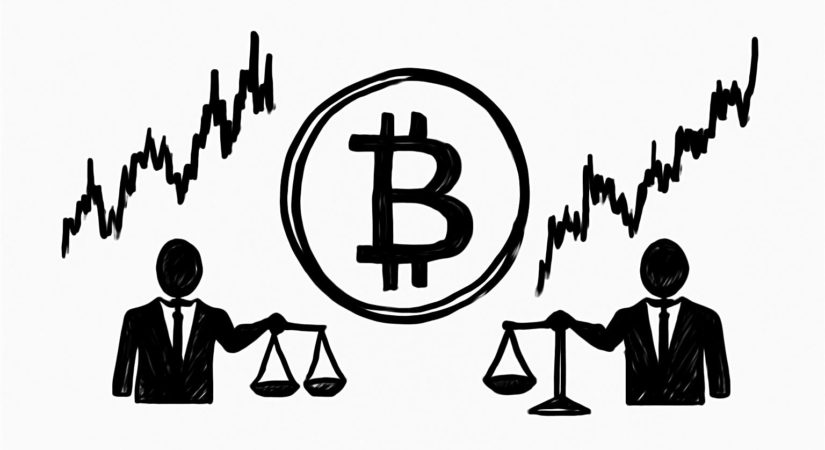Bitcoin is trading above $104,500 as Asia’s market opens, showing little movement despite escalating tensions in the Middle East. Over the past week, BTC has declined only 2%, according to CoinDesk market data.
Analysts disagree on whether this market calm signals strength or underlying risk. Three reports from CryptoQuant, Glassnode, and Flowdesk highlight low volatility, tight price ranges, and muted on-chain activity. Retail participation is declining while institutional players, including ETFs and whales, increasingly influence market flows.
CryptoQuant’s June 19 report issues a stark warning: Bitcoin could fall to $92,000 support or even $81,000 if demand weakens further. Spot demand is rising but below trend, with ETF flows down over 60% since April and whale accumulation halved. Short-term holders have sold approximately 800,000 BTC since late May. Their demand momentum indicator is at negative 2 million BTC, the lowest ever recorded.
Conversely, Glassnode interprets similar data less pessimistically. Their weekly on-chain update notes a “quiet” network with low transaction counts, fees, and miner revenue, but this reflects a maturing blockchain increasingly used for large institutional transfers. Derivatives trading now dwarfs on-chain activity, bringing sophisticated hedging and a more stable market structure.
Flowdesk’s market maker report takes an intermediate stance, describing the market as “coiled,” not broken. They note flat altcoin flows but highlight rising tokenized assets and stablecoin growth. Low volatility may precede a directional breakout, not necessarily lower prices.
Polymarket bettors remain uncertain, placing roughly equal chances on Bitcoin dropping to $90K or rising to $115K-120K this month.
Overall, the tension between institutional buying and declining retail demand could trigger significant price swings, shaping Bitcoin’s near-term path.
Crypto Treasury Companies Pose Less Risk Than Expected, Report Says
A new Presto Research report argues that Crypto Treasury Companies (CTCs) like Strategy and Metaplanet represent financial engineering instruments with lower risk than commonly assumed. Strategy’s recent $1 billion raise via perpetual preferred shares leverages Bitcoin’s volatility without triggering margin risks.
Presto notes that Strategy’s BTC holdings remain unpledged and Metaplanet’s bonds are unsecured, reducing the risk of forced collateral sales that caused past crypto collapses. The main challenge lies in managing dilution, cash flow, and capital timing. Metrics like Metaplanet’s “bitcoin yield” track BTC per fully diluted share, reflecting shareholder value focus.
With disciplined management, CTCs could earn premiums similar to growth companies in traditional markets, but missteps may accelerate declines.
Semler Scientific Plans to Hold 105,000 BTC by 2027
Semler Scientific, a California-based medical device firm turned Bitcoin treasury company, announced plans to accumulate 105,000 BTC by the end of 2027. The roadmap includes 10,000 BTC by 2025 and 42,000 by 2026, more than doubling its current 4,449 BTC holdings within 30 months.
The company intends to fund acquisitions through equity raises, debt, and operations. Historically, Semler’s ATM share sales, dependent on trading at a premium to net asset value (NAV), have financed purchases. Currently, Semler’s market NAV is 0.859x, indicating its stock trades below its BTC value, potentially limiting capital raising.
Shares are down nearly 40% this year despite Bitcoin’s recent surge above $100,000. How Semler manages this dynamic as it increases Bitcoin holdings bears watching.
Market Summary
- Bitcoin (BTC): Struggles to surpass $105,000 amid institutional accumulation offset by bearish momentum and macroeconomic uncertainty.
- Ethereum (ETH): Finds support near $2,490 after heavy selling, consolidates below $2,510 amid geopolitical and macro tension.
- Gold: Holds steady around $3,366 despite geopolitical risks and Fed hawkishness; platinum retreats from near 10-year highs.
- Nikkei 225: Opens 0.24% higher, with Asia-Pacific markets rising ahead of China’s loan rate decision amid Middle East tensions.
